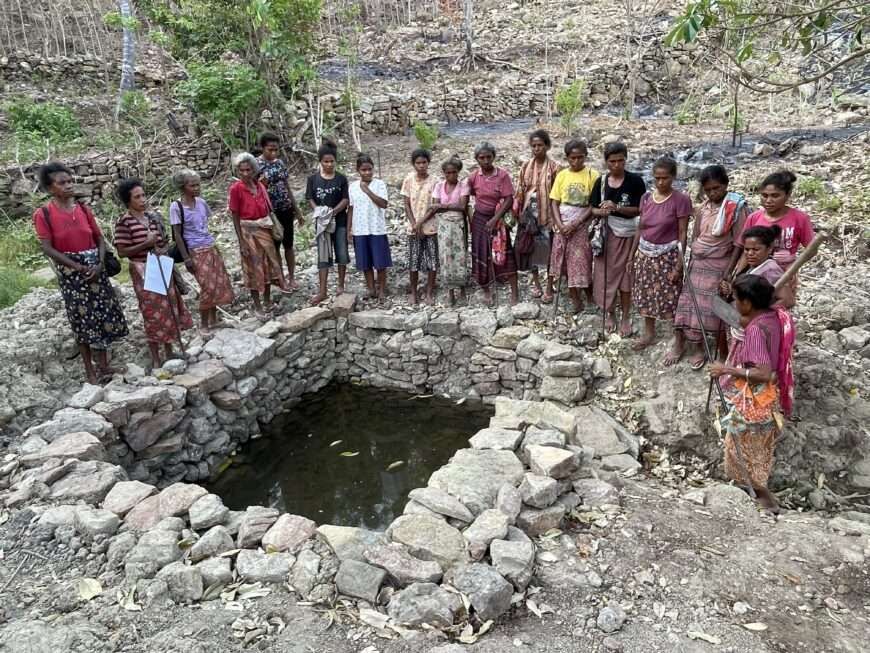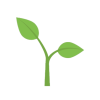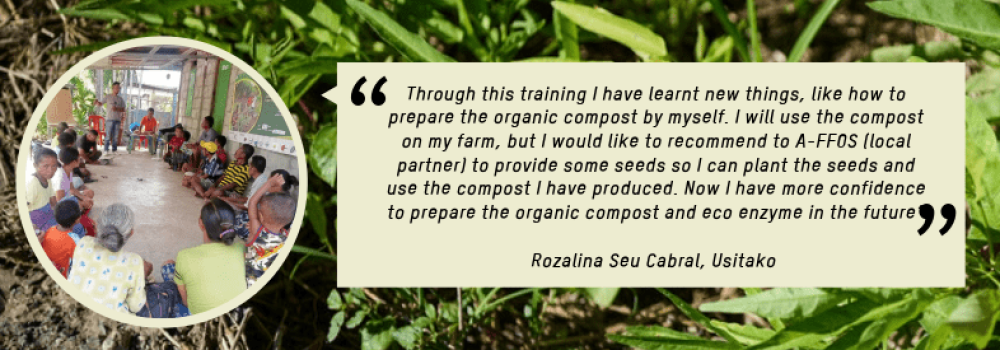
Timor-Leste is a nation comprising half of the island of Timor, in Southeast Asia. Timor-Leste is highly vulnerable to climate-related disasters as many communities live alongside the 700km of coastline. Women and girls are disproportionately affected by the negative consequences of drought, landslides, and floods. Gender-based violence is prevalent across Timor-Leste and research shows that climate emergencies can lead to further increases in domestic violence.

Hamriik Project
Oxfam has launched the Hamriik Project in OÉ-CUSSE, TIMOR-LESTE, named after the Tetum word for “to stand.”
This initiative aims to strengthen the climate change adaptation capacities of households and communities in rural Timor- Leste, addressing the critical intersections between gender, disability, and climate change.
What will the hamriik project do?
Targeting 650 vulnerable households in Oecusse and Liquiça, the project will promote climate-smart agriculture, water conservation, and sustainable land use practices. Additionally, it will address community-identified climate adaptation priorities in 12 communities.
Over the next twelve months, Oxfam and its partners will work to enhance gender-equitable planning, decision-making, and adaptation actions at all levels, household, community, and municipal. By leveraging expertise in disaster risk reduction, women’s economic empowerment, and action learning, the project will develop and implement equitable climate resilience approaches tailored to the Timor-Leste context. This initiative will also build the capacity of partner organisations to effectively support gender-responsive climate adaptation efforts.

Our climate change adaptation project, HAMRIIK, is off to a promising start. In the first six months, Oxfam and its partners have launched several key initiatives:
Community Engagement
Over 1000 people across 12 villages have been introduced to the project, and 225 individuals, 66% of whom were women, have received training in organic composting and eco-enzyme production. A total of 320kg of organic compost and 280kg of eco-enzyme have been produced.
Savings Groups
18 new savings groups have been established, one of which, composed of 24 women, saved NZ $1,291 in just 10 weeks, providing loans for various community needs.

Agricultural Training
PERMATIL began training our other partner organisations in soil conservation, seed bank operation and water management in October 2024.






